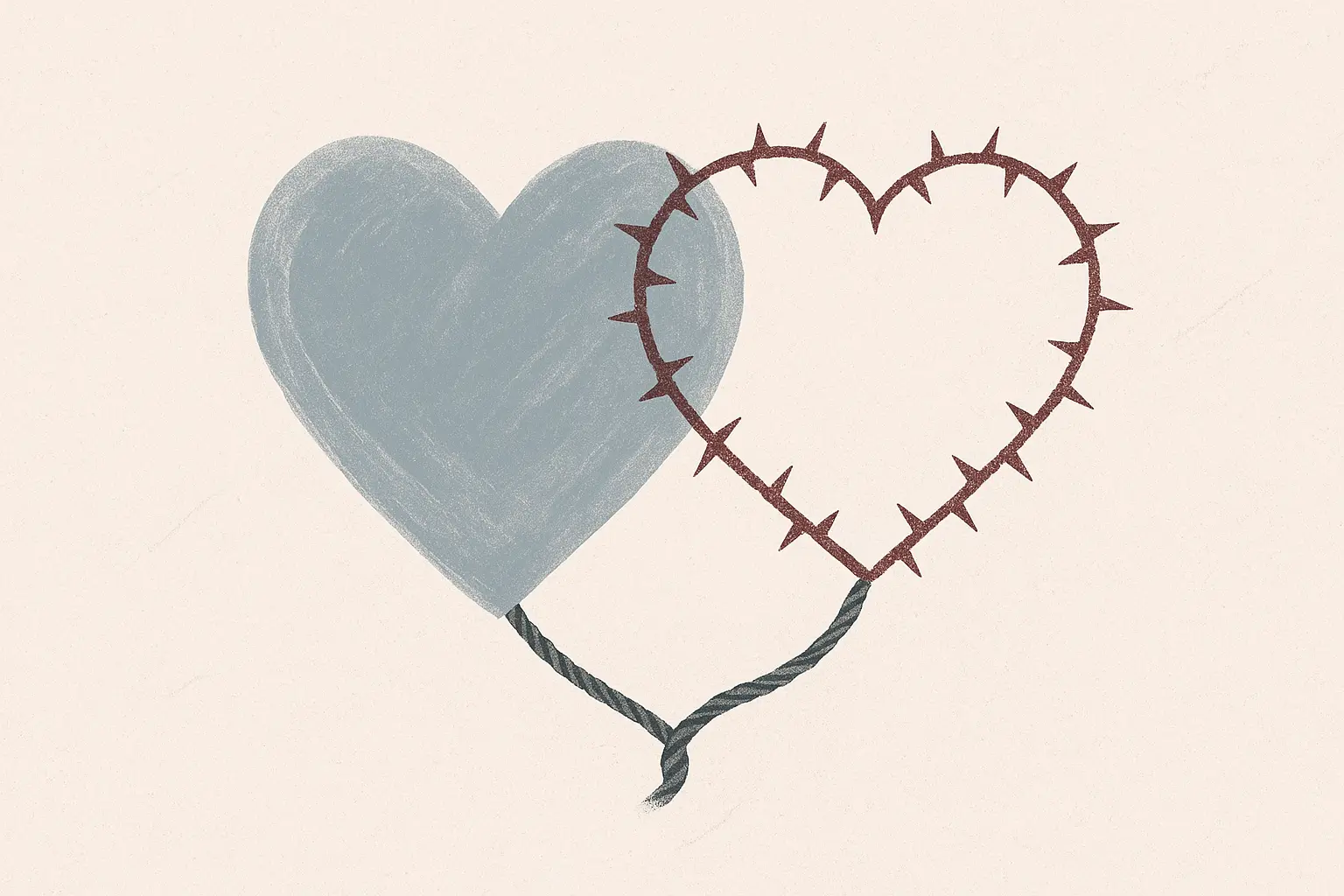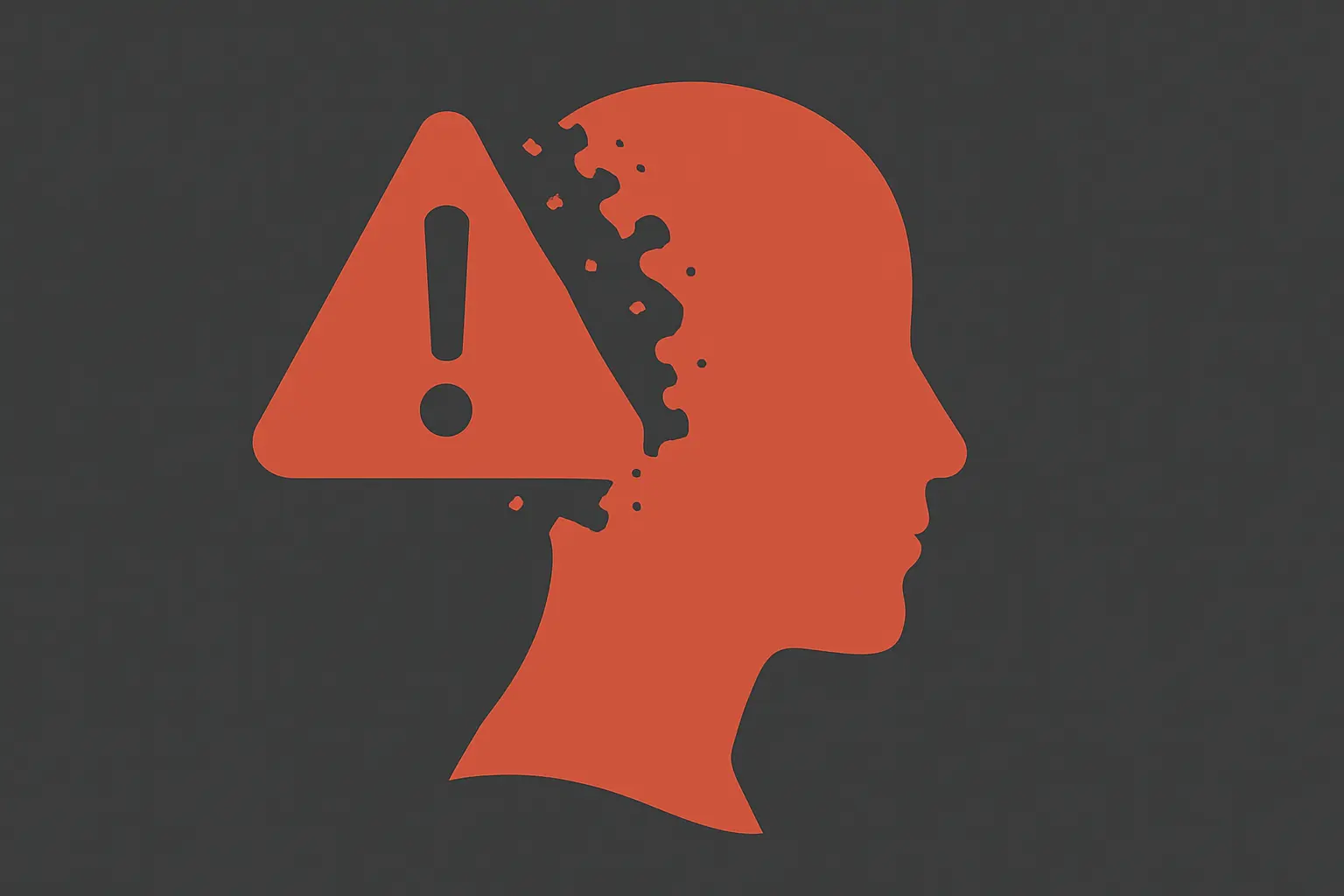Emotional abuse doesn’t leave visible bruises, but its wounds can run deep, especially when disguised as love. Survivors often wrestle with confusion, shame, or guilt, unsure whether what they experienced “counts” as abuse. But when love feels like fear, control, or chronic self-doubt, it’s time to look closer. Not sure if your symptoms are trauma-related? Learn how to recognize PTSD symptoms.
What Is Emotional Abuse?
Emotional abuse involves patterns of manipulation, criticism, isolation, or gaslighting that erode your sense of self-worth. It’s often subtle and persistent; harder to name but just as damaging as physical violence.

Over time, survivors may lose their voice, feel chronically unsafe, or struggle to make decisions without fear of backlash. Emotional abuse often operates in cycles: love-bombing, withdrawal, punishment, then back to affection. This confusion fuels trauma bonds.
If you’re navigating emotional conflict in a relationship, couples counseling in Pittsburgh can help restore communication and safety.

Understanding Trauma Bonding
Trauma bonding is a survival response. When fear and occasional affection are mixed, your brain clings to the hope of love while trying to avoid emotional danger. This is not weakness; it’s wiring.
Neuroscience shows that trauma bonds activate the brain’s reward and threat systems simultaneously. The body remains on high alert, making it difficult to leave, even when you know it’s hurting you.
We explore this dynamic more deeply in the 3 powerful stages of trauma recovery a must-read for those starting their healing journey.
Cultural and Religious Silence
For many, culture or faith traditions complicate the healing journey. Messages about obedience, forgiveness, or shame can silence those who are suffering. You may have been told to “pray more” or “keep the peace,” even when your peace was being shattered.

Acknowledging this isn’t a rejection of faith; it’s an act of truth and survival. Healing allows you to reclaim your values and your voice on your own terms.
Our individual counseling services offer a safe, nonjudgmental space to work through these deeply personal challenges.

Signs of Emotional Abuse You Shouldn’t Ignore
You may be in an emotionally abusive relationship if you experience:
-
Constant criticism or subtle put-downs
-
Gaslighting: being told your feelings are “too much” or imagined
-
Control over finances, time, friendships, or appearance
-
Fear of emotional outbursts or walking on eggshells
-
Feeling numb, lost, or unsure who you are anymore
These are not personality flaws. These are trauma responses.
You are not alone, and you can get help through trauma-informed therapy built around your unique needs.
What Healing Can Look Like
Recovery begins by recognizing what happened to you without shame. Working with a trauma-informed therapist can help you restore boundaries, process painful emotions, and learn to trust yourself again.

You may revisit the trauma, grieve what was lost, and eventually reconnect with your authentic self. Over time, survivors often experience post-traumatic growth, a renewed sense of strength, purpose, and clarity on the other side of pain.
If leaving home to get support is difficult, our online counseling services make therapy accessible wherever you are in Pennsylvania.
You Deserve Safety and Support
Emotional abuse is never your fault. You’re not “too sensitive.” You’re not broken. You’ve been surviving the best you could.
Let this be your sign to stop surviving and start healing. Reach out today; we’re here when you’re ready.









Good info. Lucky me I reach on your website by accident, I bookmarked it.
This design is spectacular! You certainly know how to keep a reader entertained. Between your wit and your videos, I was almost moved to start my own blog (well, almost…HaHa!) Excellent job. I really loved what you had to say, and more than that, how you presented it. Too cool!
wpacounseling.com
wpacounseling.com
Rochell Hose
This is a topic close to my heart cheers, where are your contact details though?
Terrific work! This is the type of information that should be shared around the web. Disgrace on Google for no longer positioning this publish upper! Come on over and consult with my site . Thank you =)
I was studying some of your articles on this internet site and I think this site is real instructive! Retain posting.
Of course, what a great website and instructive posts, I surely will bookmark your website.All the Best!
I am only writing to make you be aware of what a fabulous discovery my princess encountered reading through your web site. She picked up a lot of pieces, with the inclusion of what it is like to possess a great giving character to get most people without hassle know just exactly selected problematic matters. You undoubtedly surpassed my expectations. I appreciate you for rendering the necessary, safe, informative not to mention easy guidance on that topic to Kate.
Attractive section of content. I just stumbled upon your website and in accession capital to assert that I get actually enjoyed account your blog posts. Any way I will be subscribing to your feeds and even I achievement you access consistently quickly.
I would like to thnkx for the efforts you’ve put in writing this site. I am hoping the same high-grade web site post from you in the upcoming as well. Actually your creative writing skills has encouraged me to get my own web site now. Actually the blogging is spreading its wings quickly. Your write up is a good example of it.